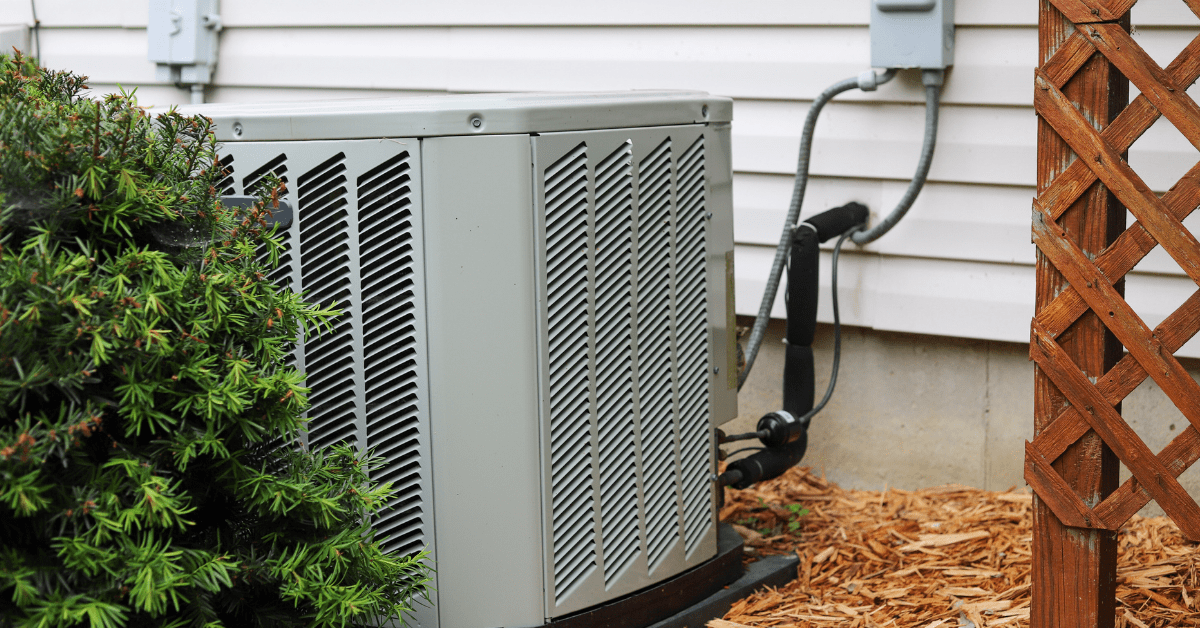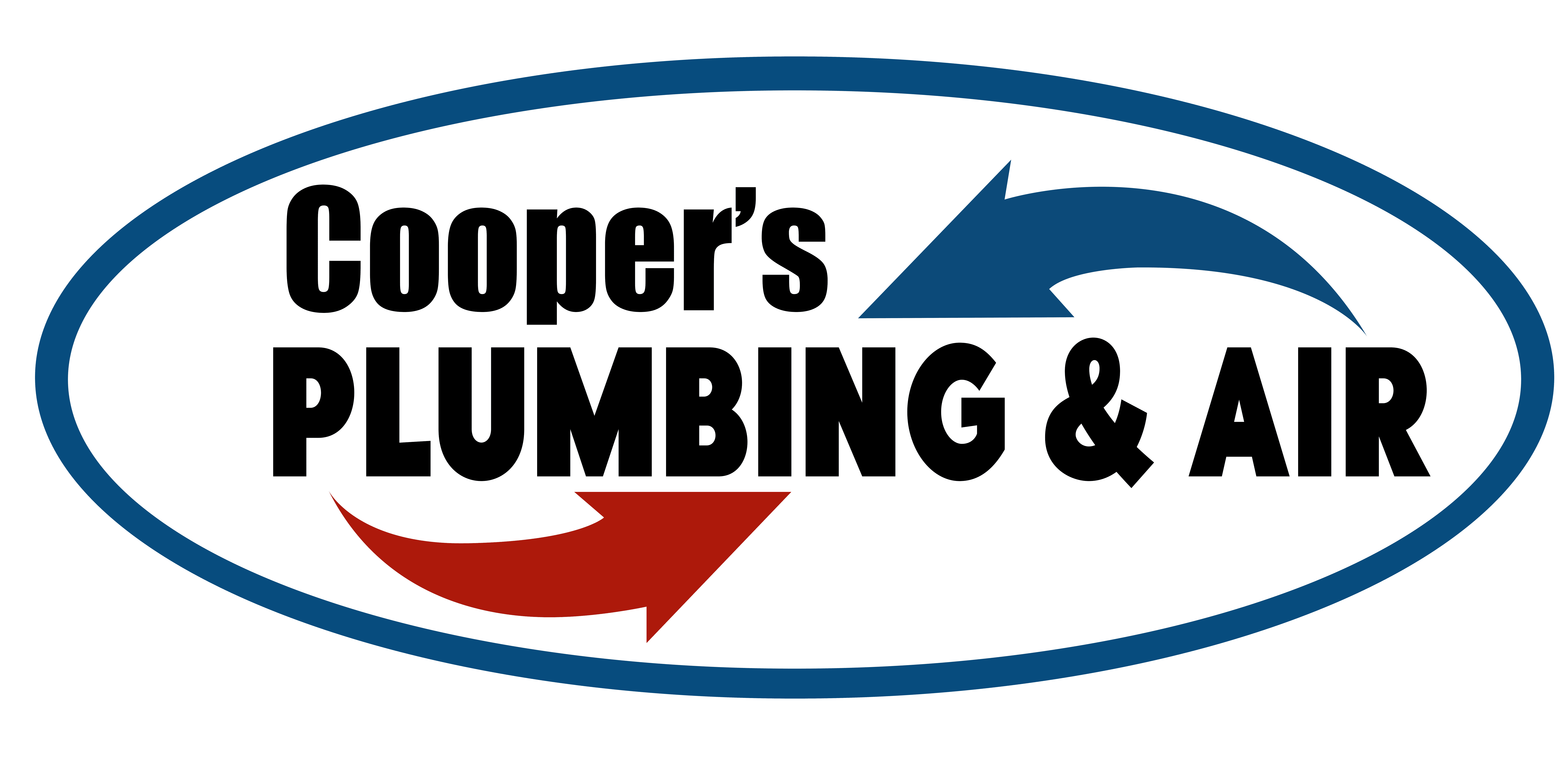
Deciding to replace your air conditioner is an important decision to make. Modern A/C systems can last for more than fifteen years, so selecting the correct unit for cooling your home is vital.
Unless your air conditioning system breaks down on a 100-degree day, the decision to change an air conditioning system should never be rushed. Just like an old car, air conditioners tend to show certain warning signs before they fail. By knowing what to look out for, homeowners in Tallahassee can start to prepare for their next purchase before they need it.
Here are the top 7 signs that your A/C system is nearing the end of its life:
1. Frequent Breakdowns
An air conditioning system that receives a yearly tune-up from a qualified technician should not experience problems during the summer. The most common A/C problems are a result of a lack of maintenance, and regularly having them checked can prevent this.
HVAC technicians are experts in preemptively identifying and fixing any issues the A/C may have before the summer season starts.
With that in mind, it’s definitely a cause for concern if your air conditioner experiences multiple breakdowns despite standard maintenance. Although a replacement may not be immediately necessary, homeowners should begin preparing for one in case the unit becomes unusable.
Experiencing frequent breakdowns also means constant repairs, and the costs will be adding up throughout the year. The time may come where it’s simply more economical to buy a new unit than to constantly sink money into expensive repairs.
2. High Energy Bills
Unless homeowners have begun making significant changes to their energy use, their electricity bill should stay consistent throughout the year. This may fluctuate a little during the summer and winter seasons when necessary, but they should be relatively stable.
If your energy habits have remained the same but your monthly bill has increased noticeably, it could be time to buy a new air conditioner.
Higher energy bills can indicate that the A/C system is losing its efficiency or has started to malfunction. Energy bills usually begin to increase the older the air conditioning system gets, so these two problems may also be related.
Receiving a high energy bill once or twice should not be a cause for alarm. However, if the electricity charges start to climb and don’t return to normal, it may be time to find a new A/C.
3. Inability To Maintain a Comfortable Temperature
An aging air conditioner is often going to struggle with keeping the home at a consistent temperature. This may be a result of various problems such as a damaged or inaccurate thermostat, clogged up filters, low levels of fluid, damage to the motors, or cracked ducts.
Inconsistencies with temperature typically mean that the A/C system is not sufficiently powerful to supply the proper airflow throughout the home. It could also mean that the ductwork is not installed properly.
Whatever the case, choosing to keep this air conditioning system will result in an uncomfortable home and higher energy bills. Since not all air conditioners are made equally, every home is going to have unique needs when it comes to its cooling options.
4. The Air Conditioner Is More Than 10 Years Old
Although this may seem obvious, homeowners should start preparing for their next A/C purchase as their system ages. Compared to heaters, air conditioners are often installed outdoors and exposed to various elements all year round. This results in a shorter life expectancy than other appliances.
Modern air conditioners can last 15 to 20 years, but the older models only last for about 10 to 12 years.
There are several factors that impact the health and efficiency of an A/C system. This includes whether or not the homeowner has maintained it properly throughout its lifetime. Skipping the yearly A/C tune-ups can shorten the unit lifespan quicker than intended.
How long an A/C system lasts is also going to depend on how often it’s used, how hot it can get in the area, and whether or not it was measured correctly before installation.
Homeowners in Tallahassee that have kept their air conditioning system in good condition can expect to replace their units every 10 to 15 years. It’s also important to keep in mind that the mechanical parts of an A/C unit can become obsolete or unavailable the older it gets.
Those who are unable to replace a broken part will have to buy a new unit instead.
5. Excessive Moisture and Leakage
Although condensation around the A/C system is normal, experiencing excessive leakage can indicate a bigger problem for the unit. Refrigerant leaks or large pools of water surrounding the air conditioner may represent a serious problem that has to be addressed immediately.
Leaking coolant is also a health risk to both animals and humans, while excessive water leakage can cause damage to furniture and floors. This may even lead to the growth of unwanted mold. It’s best to call in an expert A/C technician to have this resolved.
6. Hearing Unusual Sounds
Any grinding, rattling, squealing, or banging sounds that come from the A/C system could also indicate a problem with the unit. Homeowners who experience this issue should turn off the air conditioner and have it checked out by an expert.
These noises often indicate a serious issue. This could be due to a belt slipping out of place or the motor bearings of the unit being broken. All of these problems could lead to a costly repair if not addressed quickly.
7. Dust Around the Home
Besides providing cool air throughout the home, the A/C system is also responsible for proper ventilation. A system that works as intended should improve air quality indoors by removing dust and maintaining humidity levels.
Noticing an increased amount of dust in the home could be a sign that your air conditioning system is no longer efficient.
The Bottom Line
Remembering these 7 signs can help homeowners to identify the right time to upgrade or replace their air conditioning unit. Preparing yourself beforehand is essential for individuals to avoid experiencing the discomfort of having no A/C system during the hot summer months, or incurring an unexpected cost.
